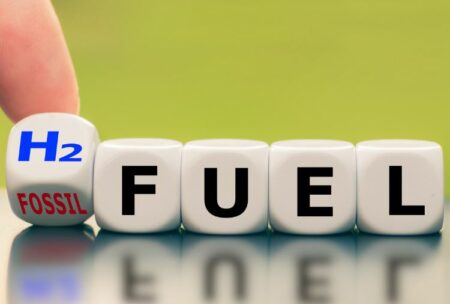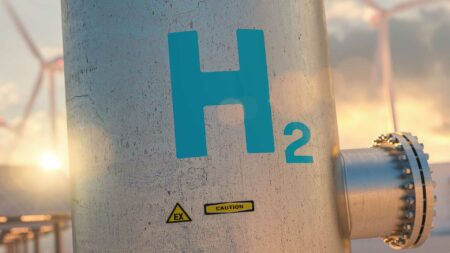In an unexpected twist in the narrative of the energy transition, major players in the energy industry are making strategic moves that challenge conventional expectations. While the shift towards green technologies has been widely championed, recent developments highlight the enduring significance of fossil fuels and the hurdles faced by renewable energy initiatives.
Browsing: Report
German economy ministry has issued a warning about a potentially higher future demand for hydrogen storage capacity than initially anticipated. The revelation, outlined in the ‘Green Paper Hydrogen Storage,’ points to a potential underestimation of demand, attributed to uncertainties regarding supply bottlenecks and an optimization logic based on economic criteria used in earlier estimates.
In the fervent global competition for clean-burning hydrogen fuel supremacy, China has unexpectedly emerged as a frontrunner, surpassing the United States, according to a recent report from the International Energy Agency.
In the quest for a sustainable and decarbonized future, Switzerland finds itself at a crossroads regarding its approach to green hydrogen. While Swiss companies are actively engaging in projects to harness the potential of this versatile energy carrier, the lack of a national hydrogen strategy raises concerns about the country’s position in a Europe increasingly dependent on renewable hydrogen for emissions reduction in industries and transportation.
The European Maritime Safety Agency (EMSA) has set sail on an ambitious journey, exploring the viability of hydrogen as a fuel for the shipping industry. In its latest report, titled “Potential of Hydrogen as fuel for shipping,” EMSA delves into the intricate landscape of hydrogen adoption, shedding light on its properties, sustainability, availability, suitability, and the associated costs and developments for marine applications.
In a bid to propel the production of carbon-free hydrogen, the French government has allocated a substantial envelope of 4 billion euros. However, the eligibility criteria for this financial support reveal a stark reality: the doors are open only to entities boasting a minimum annual turnover of 100 million euros and a track record of five projects each exceeding 30 million euros.
Latin America and the Caribbean are poised to witness a surge in low-carbon hydrogen projects. According to the latest report by the International Energy Agency (IEA), the region’s production capacity could skyrocket to 3.5 million tons by 2030, with an ambitious emphasis on electrolysis powered by renewables.
In the fast-evolving landscape of electric vehicles (EVs), BMW is steering into new territory with its iX5 Hydrogen, a hydrogen-powered SUV that blends the dynamics of an EV with the rapid refueling capabilities of hydrogen.
As the global transition to cleaner energy intensifies, the spotlight on hydrogen as a pivotal energy carrier is growing brighter. However, for hydrogen to play a central role, innovative infrastructure solutions are imperative. Enter Distributed Hydrogen Infrastructure (DHI), a transformative approach poised to make hydrogen more accessible, affordable, and secure than ever before.
International Energy Agency (IEA) unveils a comprehensive dataset showcasing the trajectory of government research and development (R&D) budgets in its member countries. This intricate data not only reflects the ebb and flow of energy R&D but also underlines the evolving priorities and technologies that have shaped the energy landscape.











